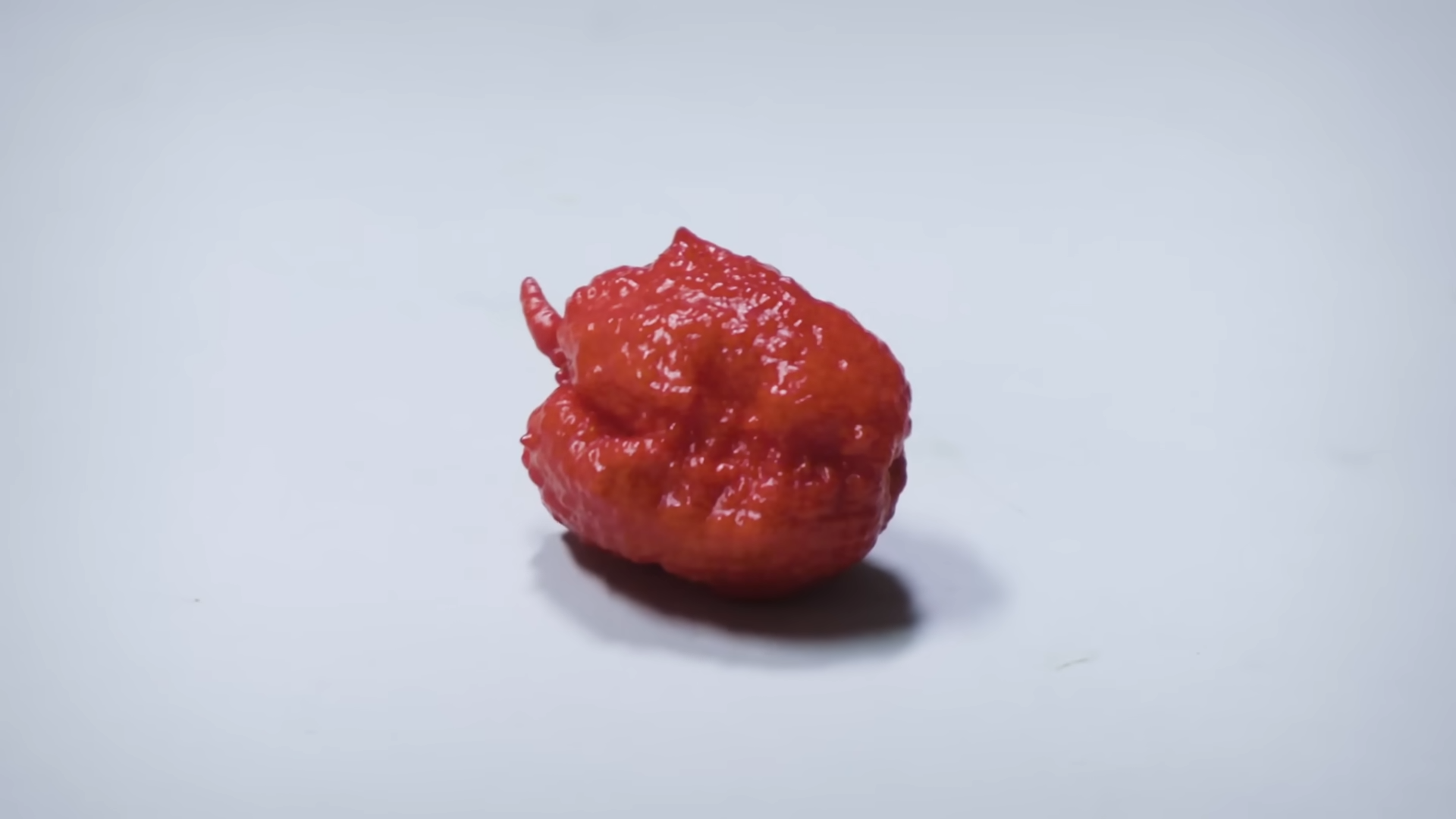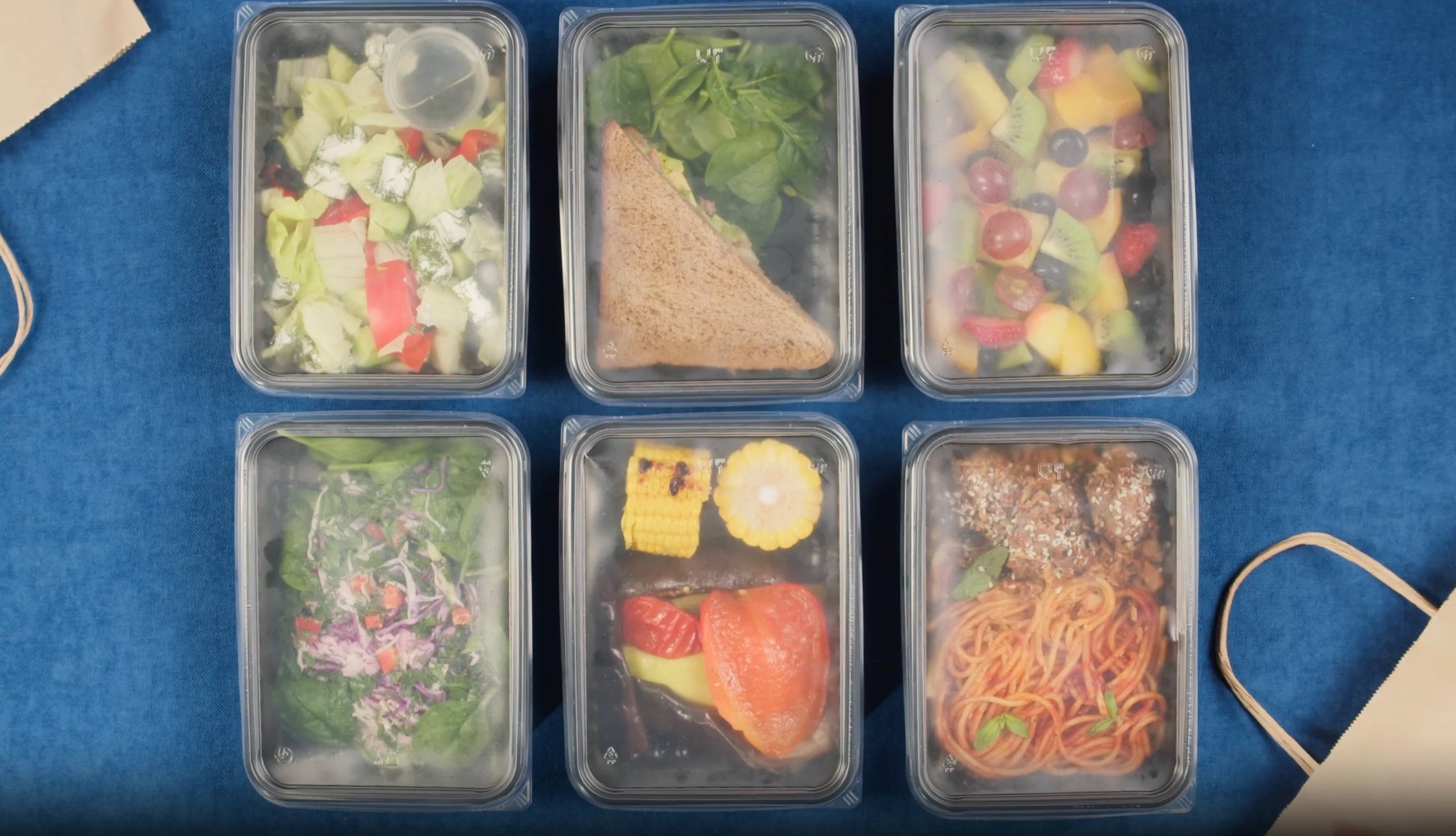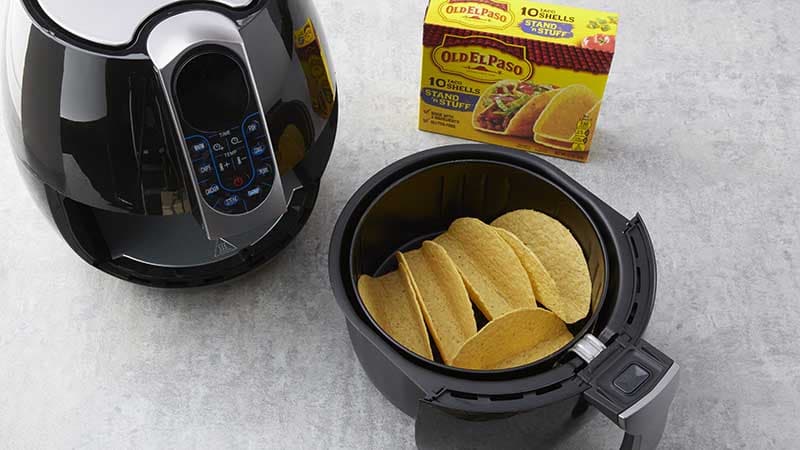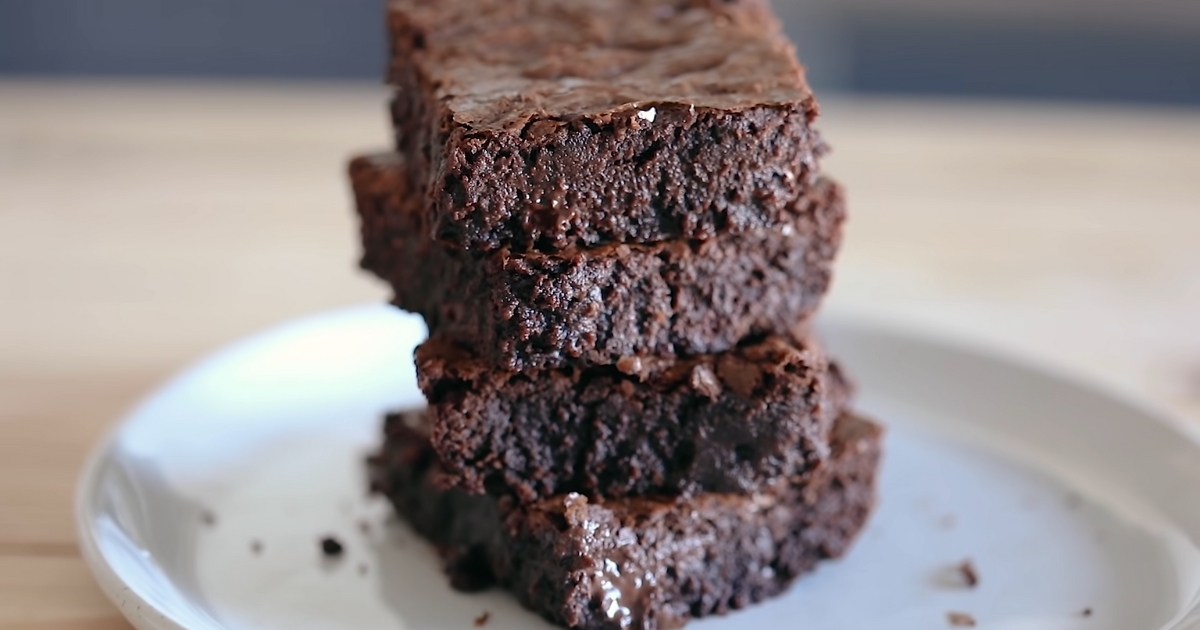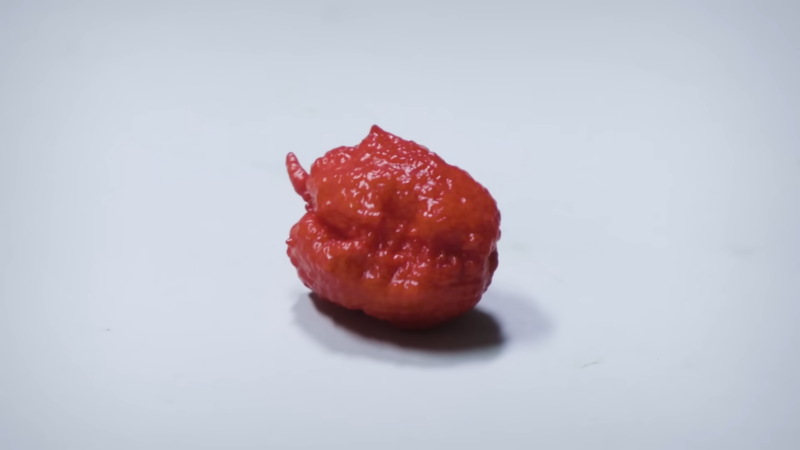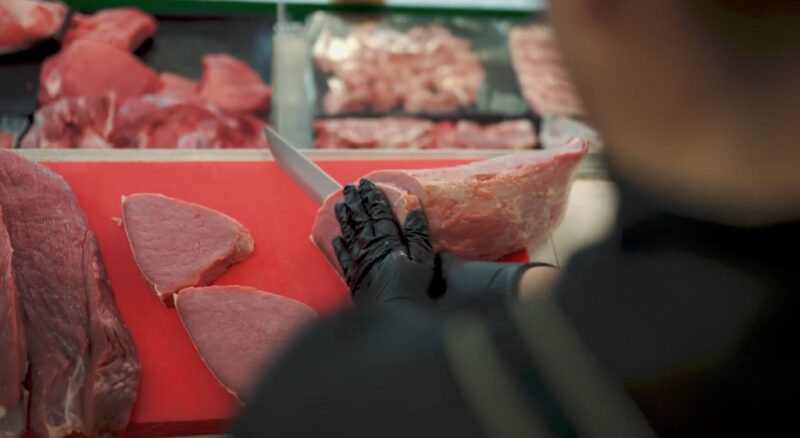
I’ve always been a bacon lover. But as I tried to lean into healthier food choices, I discovered turkey bacon. It’s got that familiar sizzle in the pan, a delightful aroma, and a savory taste. But here’s the catch: I wasn’t quite sure how to store it or how long it would stay fresh.
I mean, we’ve all been there, wondering if that food item in the back of the fridge is still good to eat. So, I decided to learn more about turkey bacon. Here are my two cents on the question of how long it can last and other relevant questions.
Table of Contents
ToggleShelf Life
Turkey bacon offers a different shelf life due to its lower fat content. When stored unopened in the refrigerator at or below 40°F, turkey bacon can remain at peak quality for up to two weeks. Once the package is opened, it’s best to consume it within seven days to ensure both safety and flavor.
Preservation and Storage

Proper preservation and storage of turkey bacon are key to extending its shelf life while maintaining its taste and safety. As a leaner alternative to traditional bacon, turkey bacon requires careful handling to ensure it remains delicious and safe to eat from the refrigerator to the freezer.
- Refrigerator Storage
- Unopened Packages: In the refrigerator, unopened turkey bacon can last up to two weeks when stored at a constant temperature of 40°F or below.
- Opened Packages: Once opened, it’s advisable to consume turkey bacon within seven days. Keep it in the original packaging if resealable, or transfer it to an airtight container or wrap it tightly in plastic wrap or aluminum foil to maintain freshness and prevent contamination.
- Cooked Turkey Bacon: After cooking, cool the turkey bacon completely before storing it in the refrigerator. Place it in a shallow airtight container or wrap it securely to enjoy within 4 to 5 days.
- Freezer Storage
- Long-Term Preservation: Freezing turkey bacon can extend its shelf life significantly. Properly wrapped to prevent freezer burn and stored at 0°F, turkey bacon can be kept safe for consumption for about one month, though it’s safe to eat beyond that time frame if kept consistently frozen.
- Thawing Practices: When you’re ready to use frozen turkey bacon, thaw it in the refrigerator and not at room temperature to minimize the risk of bacterial growth. Once thawed, cook it within 24 to 48 hours for the best quality and safety.
Signs of Spoilage
Recognizing the signs of spoilage in turkey bacon is crucial to food safety. As a culinary professional, I emphasize the importance of identifying when turkey bacon has gone bad to prevent foodborne illnesses.
- Visual and Textural Clues
- Color Changes: Fresh turkey bacon has a natural pink hue. If you notice it turning grey or green, it’s a clear indication that it has spoiled.
- Surface Texture: Any slimy or sticky texture on turkey bacon is a sign of bacterial growth. The bacon should feel slightly moist but not slippery.
- Odor and Taste Assessment
- Unpleasant Smells: A sour or off-putting smell is a strong indicator that turkey bacon should not be consumed. Fresh turkey bacon should have a mild, meaty smell without any pungency.
- Taste Test: If the turkey bacon passes the visual and smell tests but you’re still unsure, a small taste can confirm its status. Any sour or unusual flavors mean the bacon is no longer good. However, tasting should be the last resort due to the risk of ingesting harmful bacteria.
It’s always better to err on the side of caution with turkey bacon. If you’re in doubt about its freshness, it’s safest to discard it. Remember, no dish is worth the risk of a foodborne illness.
Enhancing Longevity

Extending the shelf life of turkey bacon is possible with a few proactive measures. By understanding how different factors impact its freshness, consumers can maximize its lifespan. Ensuring that turkey remains fresh starts with how you handle it from the moment of purchase.
Always pick up turkey last when grocery shopping. This minimizes the time it spends outside of refrigeration and reduces the risk of bacterial growth. Especially during hotter months, consider using an insulated bag with ice packs for transportation. This ensures that the bacon remains cold until you get home.
Advanced Preparations
Sometimes, preparing turkey bacon in advance can aid in extending its useful life.
- Pre-Cooking: By cooking turkey bacon and then refrigerating or freezing it, you can extend its edible life. Cooked bacon in the fridge can last up to a week, and in the freezer, up to a month.
- Portioning: If you don’t intend to consume the entire package shortly, consider portioning and storing the slices separately. This way, you can thaw or cook only what you need, reducing waste.
Nutritional Profile

Compared to a traditional variant, turkey bacon boasts a lower fat content and fewer calories. It’s an excellent source of protein and essential amino acids. Like its pork counterpart, it can be high in sodium, making it essential to consume in moderation.
How Different it is From Pork?
Turkey Bacon Nutrition Profile:
| Nutrient | Amount | % Daily Value |
|---|---|---|
| Calories | 250 | – |
| Total Fat | 18g | 23% |
| Saturated Fat | 7g | 36% |
| Trans Fat | 0g | – |
| Cholesterol | 71mg | 24% |
| Sodium | 1286mg | 56% |
| Total Carbohydrate | 0g | 0% |
| Dietary Fiber | 0g | 0% |
| Total Sugars | 0g | 0% |
| Protein | 14g | – |
| Potassium | 210mg | 5% |
Pork Bacon Nutrition Profile:
| Nutrient | Amount | % Daily Value |
|---|---|---|
| Calories | 458 | – |
| Total Fat | 45g | 58% |
| Saturated Fat | 15g | 75% |
| Trans Fat | 5g | – |
| Polyunsaturated Fat | 5g | – |
| Monounsaturated Fat | 20g | – |
| Cholesterol | 68mg | 23% |
| Sodium | 833mg | 36% |
| Total Carbohydrate | 1g | 0% |
| Dietary Fiber | 0g | 0% |
| Total Sugars | 0g | 0% |
| Protein | 12g | – |
Flavor and Texture
Turkey bacon is leaner, resulting in a less greasy texture. The taste, while smoky and salty like traditional bacon, has its unique flavor profile, often described as milder than pork bacon.
Health Implications
Given its lower fat content, turkey bacon is often seen as the healthier option. It’s essential to consider sodium content and any additives or preservatives used in the processing, as these can affect overall healthiness.
Consumption Tips
Ensuring the safe consumption of any food product is paramount. Here are some key guidelines specifically tailored for turkey bacon.
- Achieving Crispiness: For those who prefer crispy bacon, lay the slices on a baking sheet and cook in an oven. This method evenly cooks the slices and achieves the desired texture.
- Avoiding Undercooking: Always ensure that turkey bacon reaches a safe internal temperature. While it’s pre-cooked, reheating it to at least 165°F (74°C) is recommended to kill any potential pathogens.

Serving Suggestions
Turkey bacon can be more than just a breakfast item. Its versatility allows it to be a star in various dishes. Crumble cooked slices over salads or use them in wraps for added flavor and a protein boost. Replace traditional bacon in recipes with turkey bacon for a healthier twist.
Whether it’s in quiches, pastas, or soups, it adds a unique flavor profile.
FAQ
Is there a difference in shelf life between branded and store-brand turkey bacon?
Generally, the shelf life is determined by the processing and preservatives used, not necessarily the brand. Always refer to the packaging for expiration details.
If my turkey bacon is past its “sell-by” date but shows no signs of spoilage, can I still cook and eat it?
While it might still be safe shortly after the “sell-by” date, it’s essential to check for any spoilage signs (improve your knowledge on how different meat looks like when it’s spoiled like chicken for example) and use your judgment.
Can I refreeze turkey bacon that has been previously thawed?
It’s not recommended as it can affect the texture and flavor. Additionally, refreezing can increase the risk of bacterial growth.
How long can I keep turkey bacon in the freezer before it loses its quality?
While it can be safe to eat for up to 6 months, for optimal taste and texture, consume frozen turkey bacon within 1-2 months.
Does exposure to light affect the shelf life of turkey bacon?
Yes, exposure to light can cause fats in the bacon to oxidize, leading to spoilage. It’s best to store turkey bacon in a dark, cool place.
The Bottom Line
Turkey bacon presents a delightful alternative to its pork counterpart, balancing health considerations with taste. As is the case with all perishables, it requires careful handling, storage, and consumption practices.
By being attuned to its shelf life, signs of spoilage, and ensuring proper storage, you can relish its flavors without compromise. Embrace these guidelines, and every slice will be as delightful as the first.
Related Posts:
- How Long Does Pasta Last in the Fridge - Keep Your…
- How Long Does Cooked Tofu Last? - The Right Storage for Tofu
- How Long Does Chocolate Cake Last: Savoring Every Bite
- 10 Best Wood For Smoking Turkey 2023 - Smokey and Delicious
- How To Cook Brats In The Oven: A Quick and Tasty Oven Method
- How to Cook Fresh and Frozen Pierogies: From Freezer…




